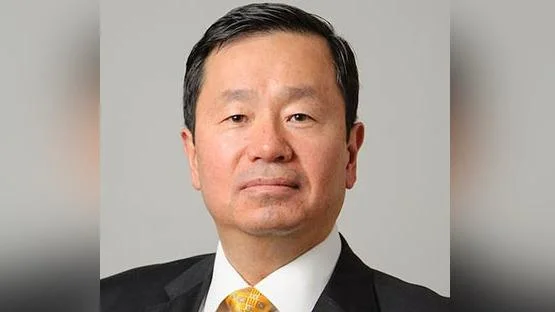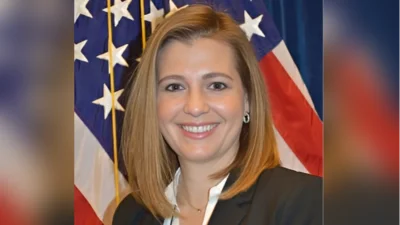Mun Y. Choi, PhD, President | University of Missouri
Mun Y. Choi, PhD, President | University of Missouri
Professor Paul de Figueiredo from the University of Missouri is spearheading efforts to improve the transportation of microbial samples, which are crucial for disease prevention and vaccine development. De Figueiredo has secured over $3.5 million as part of a larger $12.9 million contract from the Defense Advanced Research Projects Agency (DARPA) to create methods for preserving these samples during transport.
"Many vaccines are made from microorganisms that have the power to protect us, but they need to be safely distributed across the globe," said de Figueiredo, who holds positions at Mizzou’s Bond Life Sciences Center and the NextGen Precision Health initiative. He emphasized challenges such as limited access to refrigeration and long-distance travel from extreme environments.
The project, titled "A Microbial System To Ameliorate Survival in Extreme Settings," or μSTASIS, is co-led by Professor Arum Han from Texas A&M University. The team aims to develop solutions like chemical mixtures for preserving microorganisms in vials.
Beyond health protection, this research could benefit agriculture by aiding farmers in sending soil samples with live organisms for analysis. The food industry might also gain advantages through improved transport systems for fungi used in fermentation processes.
De Figueiredo's lab is also advancing cancer research by genetically engineering microorganisms for therapeutic purposes, where preservation during trials is essential. His work extends into treatments for Type 1 diabetes and neurodegenerative diseases such as ALS and Alzheimer’s.
Recently, de Figueiredo received additional funding to explore a single lifetime immunization against viruses like flu and COVID-19 using computational methods including artificial intelligence. "Researchers and agencies are collecting a gigantic amount of data using different systems, and they’re sending that data to Mizzou, where we’re inputting and analyzing it," he stated.
In collaboration with researchers nationwide on this ARPA-H project, de Figueiredo acknowledges the resources available at Mizzou: "With the resources on campus...we’re well-positioned to partner with leading labs in the country to tackle some of the biggest challenges in health and science."
MizzouForward supports these endeavors as part of a $1.5 billion investment strategy aimed at enhancing research excellence at the University of Missouri over ten years.






 Alerts Sign-up
Alerts Sign-up